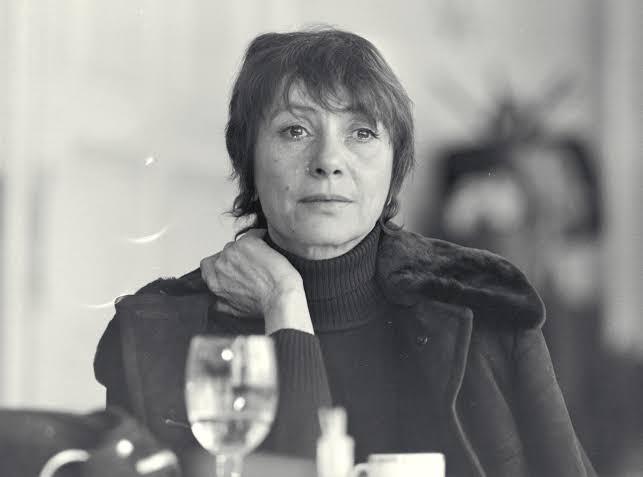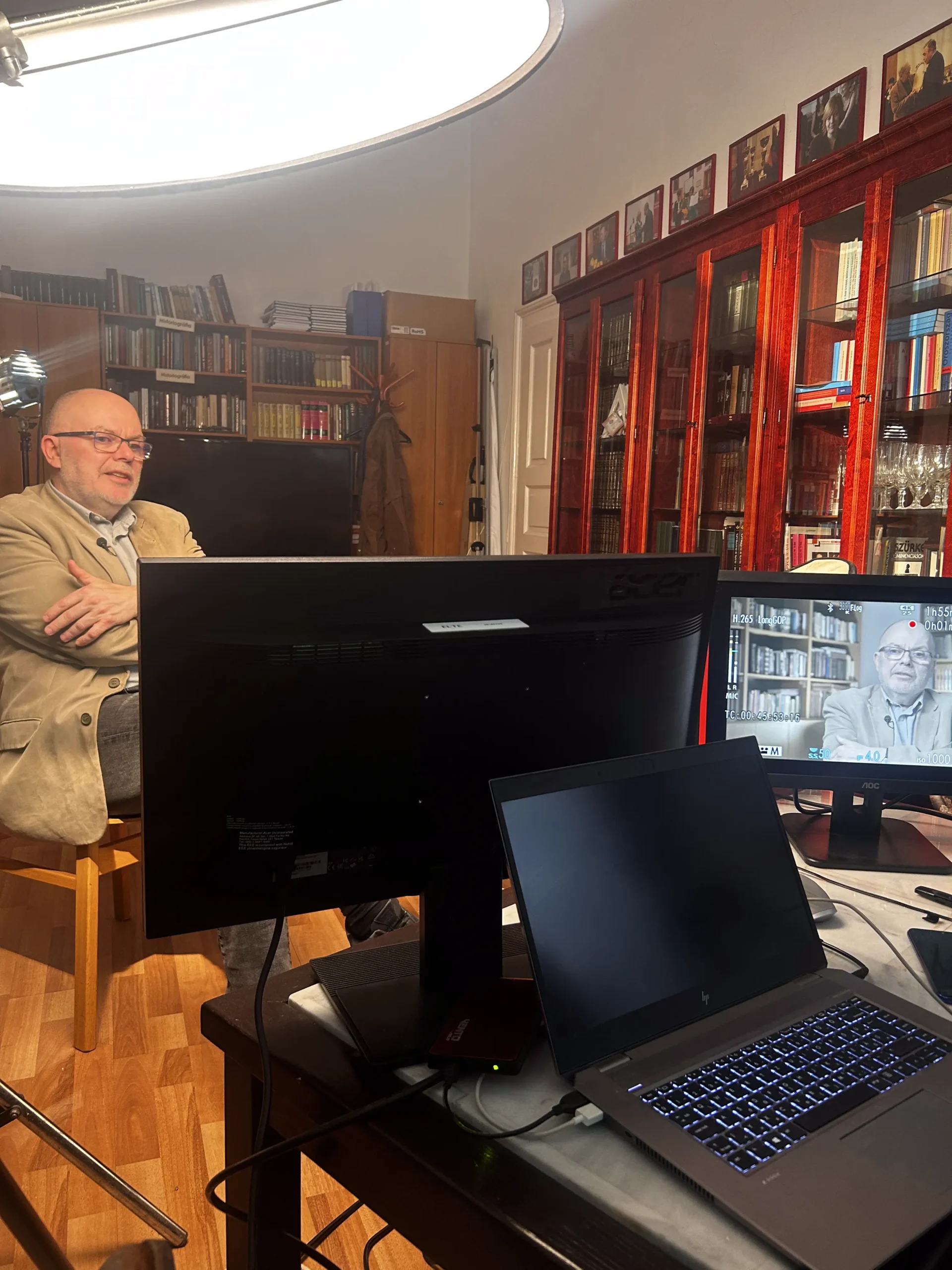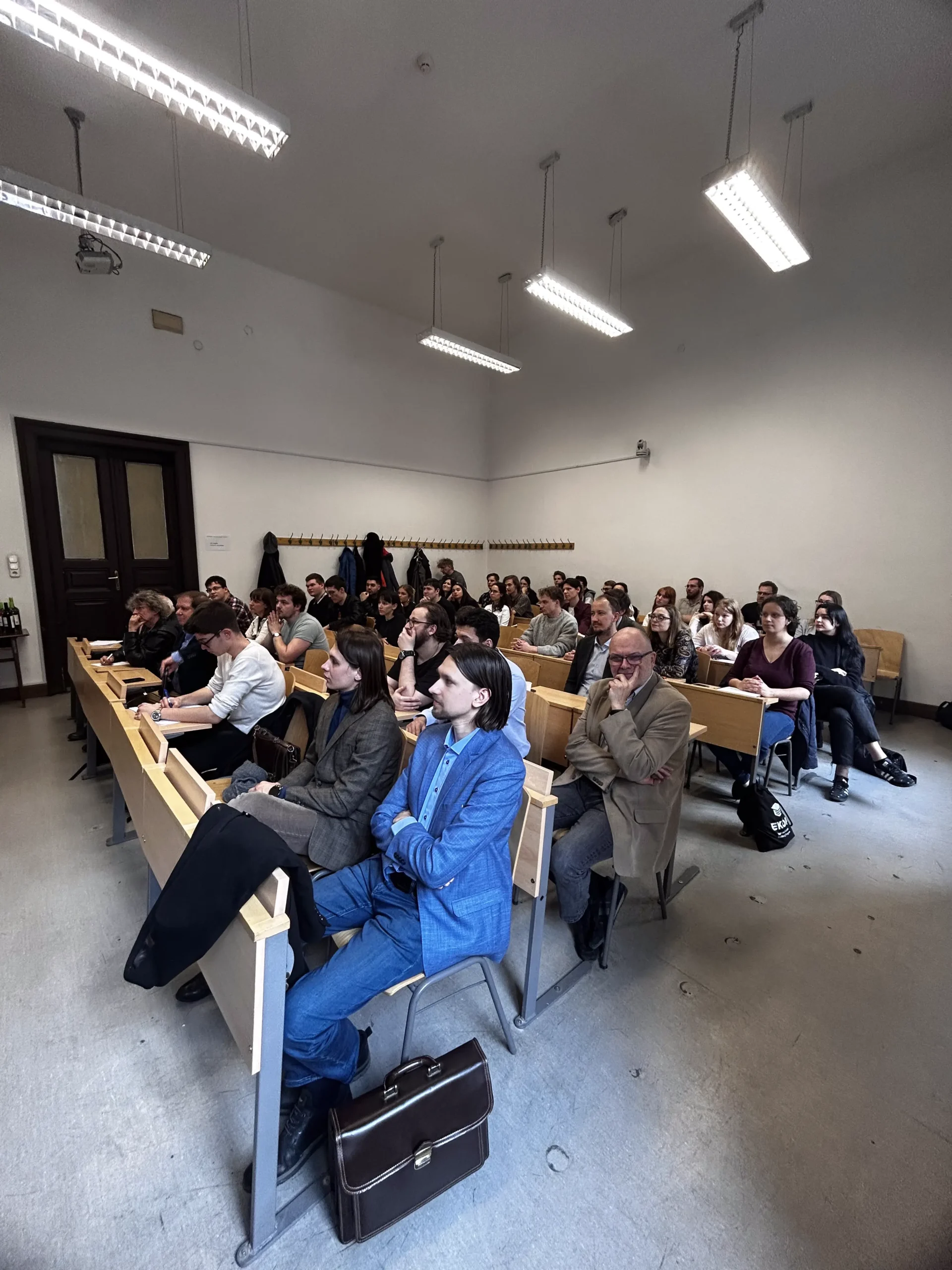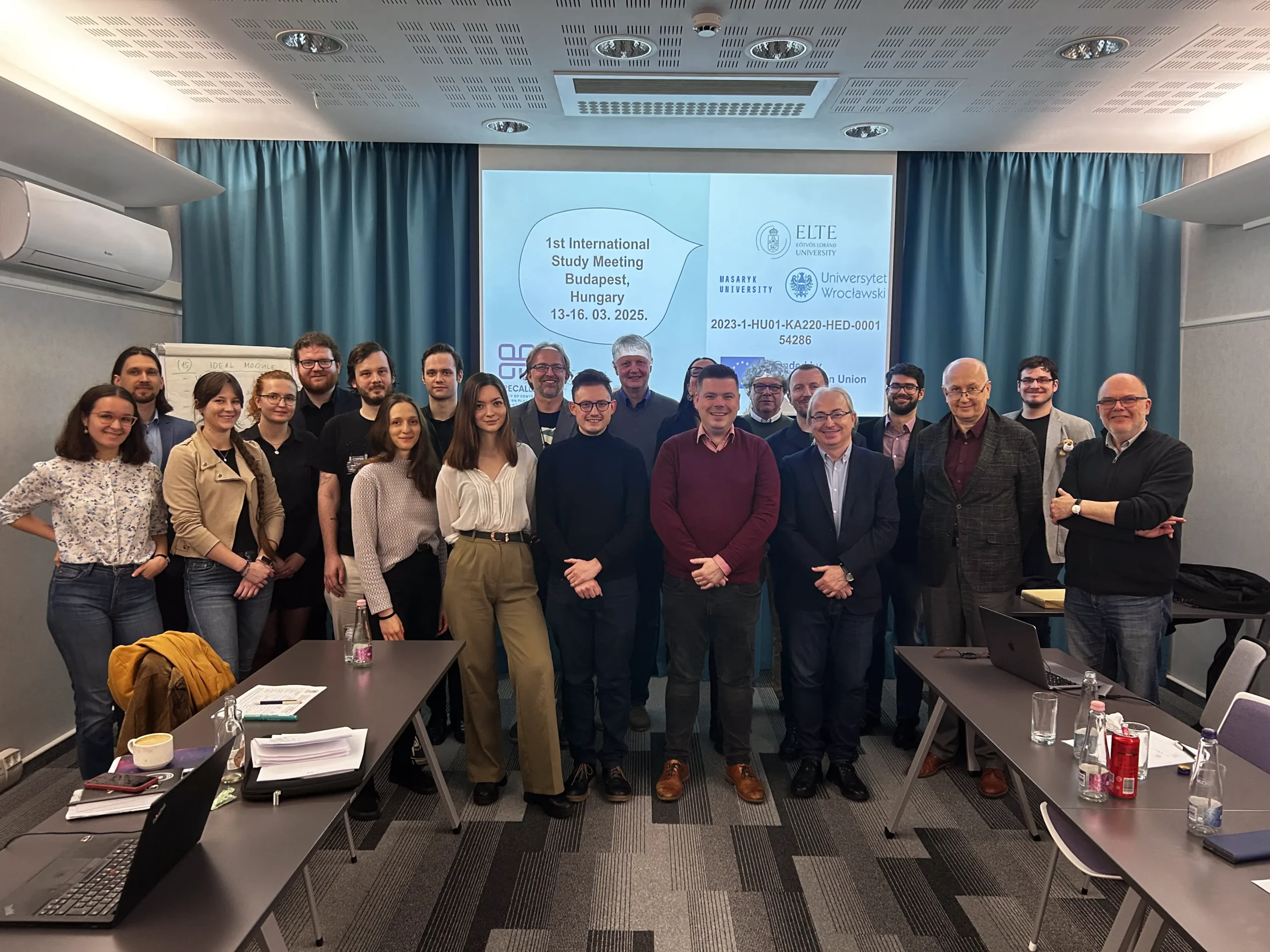Pannónia Film Studio – Márta Mészáros and the Hungarian New Wave – Budapest, Pannónia Film Studio
Fact of the Hungarian figure „Stephen, the King rock opera – National emotions in communism„
Part of the „Culture against communism„ topic
The Pannónia Film Studio in Budapest, founded in 1951, became a cornerstone of Hungarian cinematic artistry and a key player in the emergence of the Hungarian New Wave during the 1960s and 1970s. This movement, characterized by its focus on social realism, innovative storytelling, and critiques of the communist regime, produced works that challenged official narratives and resonated deeply with audiences across Central Europe. Among its most influential figures was Márta Mészáros, the first female director to win the prestigious Golden Bear at the Berlin International Film Festival.
Mészáros’s Adoption (Örökbefogadás, 1975), a groundbreaking work, exemplified the Hungarian New Wave’s focus on personal struggles within the constraints of a repressive system. The film explored themes of gender, autonomy, and societal expectation, delivering a powerful critique of the rigid roles enforced by the socialist regime. This was not an isolated case; Mészáros’s entire oeuvre often highlighted marginalized voices, particularly women, offering a perspective that was rare in Central European cinema at the time.
Pannónia Film Studio’s role extended beyond individual achievements. It was a creative hub where filmmakers, animators, and writers collaborated to produce works that often blended artistry with subtle dissent. The studio was instrumental in supporting not only live-action films but also animations that carried allegorical critiques of authoritarianism. One example was The Fly (A légy, 1980), an Oscar-winning animated short by Ferenc Rófusz, which encapsulated themes of control and freedom in a minimalist narrative.
Central European collaborations flourished during this period. Hungarian filmmakers frequently worked with counterparts from Poland and Czechoslovakia, fostering a shared cinematic language that explored the complexities of life under communism. This cultural exchange was evident in co-productions and film festivals, where works from Pannónia Studio were showcased and celebrated.





